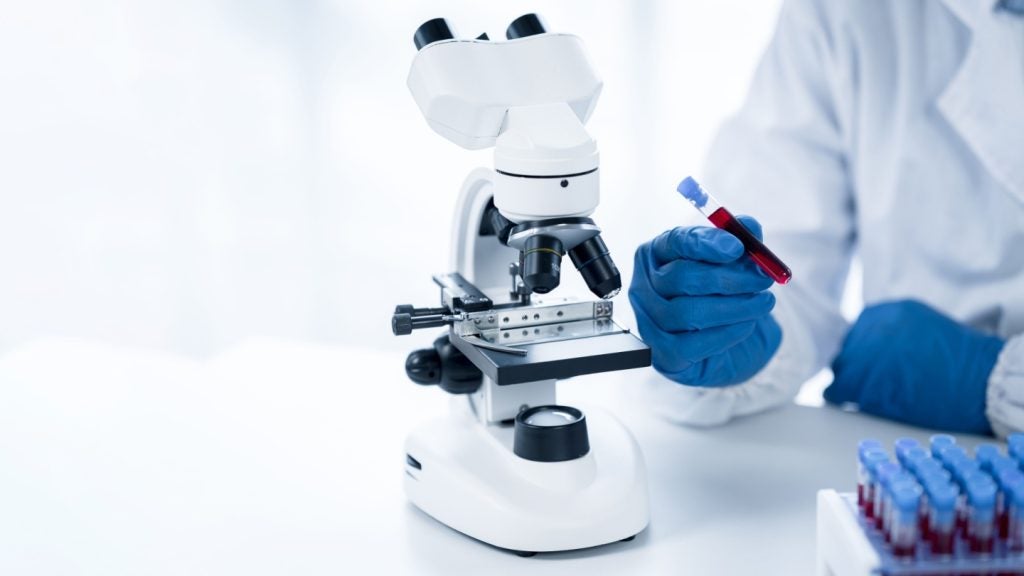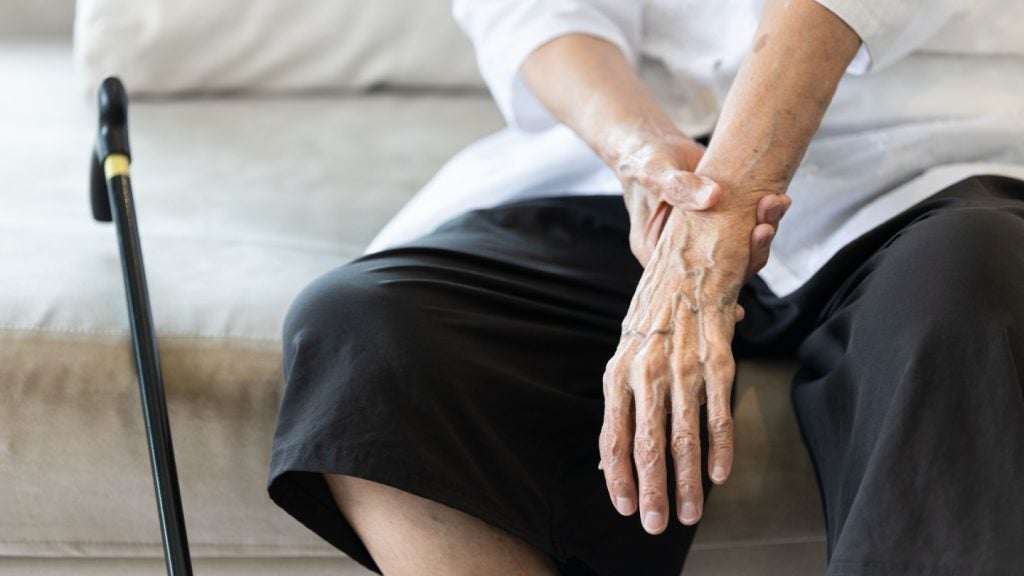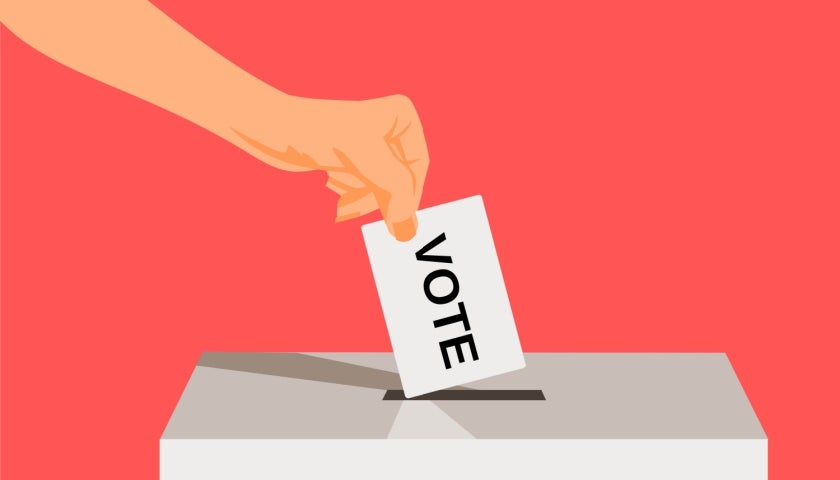SetPoint Medical has submitted a premarket approval (PMA) application to the US Food and Drug Administration (FDA) for a neuroimmune modulation device aimed at treating rheumatoid arthritis (RA) patients who do not respond to pharmacological treatments.
The SetPoint System uses vagus nerve stimulation technology to activate anti-inflammatory pathways in patients with the autoimmune disease. The company has set its sights on adults living with moderate-to-severe RA who are incomplete responders or are intolerant to biologic or targeted synthetic disease-modifying anti-rheumatic drugs (DMARDs).
SetPoint is supporting its PMA with data from the RESET-RA clinical study, a multicentre, randomised, sham-controlled, double-blind pivotal trial that enrolled 242 patients in the US. The study met its primary endpoint with a statistically significant greater proportion of study participants receiving SetPoint System therapy achieving an ACR20 response compared to the control group at 12 weeks. An ACR20 response is a composite measure of the effectiveness of RA treatments used in clinical trials.
SetPoint stated the results “demonstrated the potential of the SetPoint System to provide a safe and effective treatment alternative for RA patients who do not respond to or cannot tolerate the current standard of RA care”.
There is a range of FDA-approved drugs for RA, with AbbVie’s Humira (adalimumab) being the best-selling product in the space. Humira generated $14.4bn in global sales in 2023, making it the third top-selling drug in the world last year.
Whereas Humira works by inhibiting inflammation pathways by blocking tumour necrosis factor (TNF), SetPoint’s technology looks to activate innate anti-inflammatory pathways. The system, which includes an implantable and rechargeable neurostimulation device, electrically stimulates the vagus nerve. The vagus nerve, the longest nerve in the autonomic nervous system, plays a role in the "inflammatory reflex", a circuit that regulates immune response.
The neuromodulation market is expanding rapidly as technology advances, making the approach a viable alternative to regular medication. A market model by GlobalData forecasts the global neuromodulation device market will be worth $12.6bn by 2033, up from a $6.6bn estimate in 2022.
It is expected SetPoint will have a prioritised review of its PMA, owing to a breakthrough device designation awarded by the FDA in October 2020.
SetPoint is not the only company developing a device to treat RA in patients unresponsive to drugs. San Francisco-based company Nēsos has made a digital therapeutic that uses engineered electrical pulse sequences delivered by purpose-built earbuds. Nēsos was awarded breakthrough device designation in April 2021 for patients with RA who have an inadequate response or intolerance to disease-modifying anti-rheumatic drugs (DMARDs). There have been no updates from the company since the designation.
SetPoint, meanwhile, has been eyeing indications beyond RA – securing an investigational device exemption (IDE) from the FDA to begin a clinical trial with its device in relapsing-remitting multiple sclerosis (RRMS) patients. The multicentre, randomised, double-blind, sham-controlled pilot study will be conducted in the US and will be initiated in 2025. The company won another breakthrough designation for the device in this indication in March this year.















